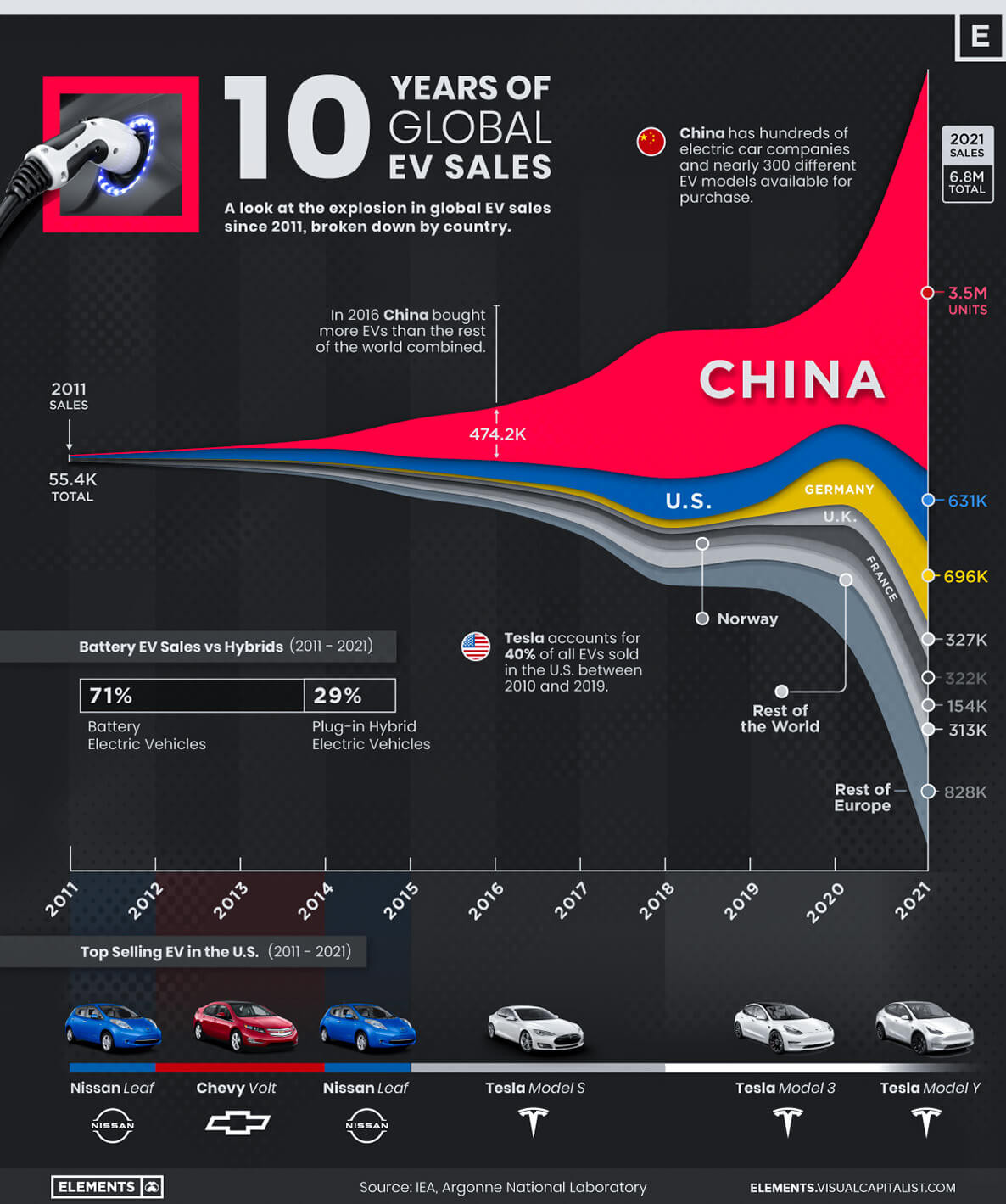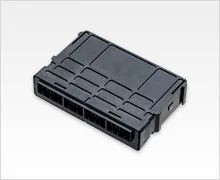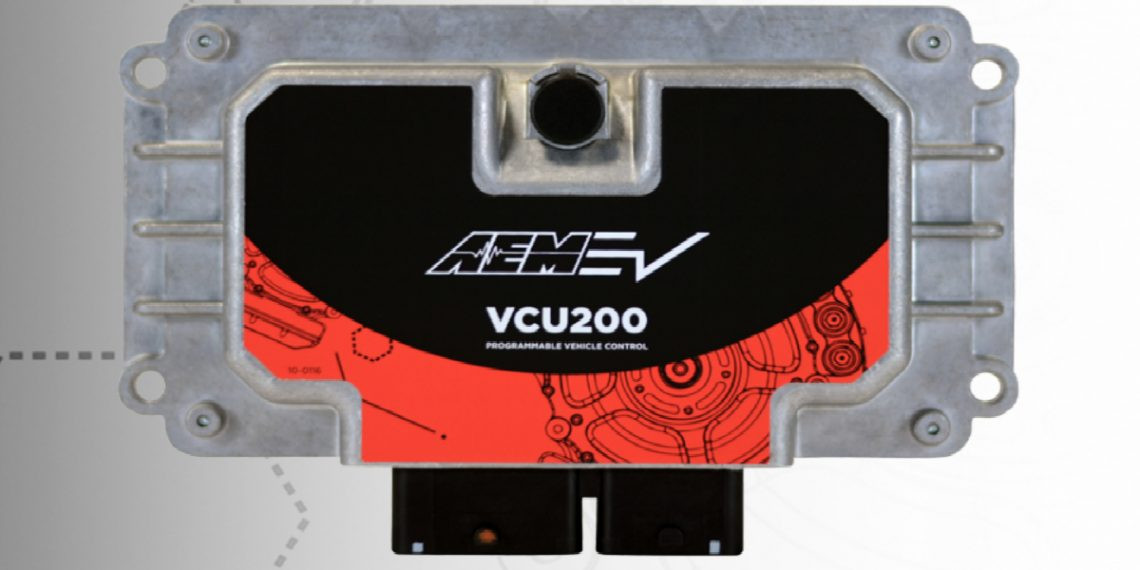The Electric Revolution: Driving Demand for EV Control Units
The global electric vehicle (EV) market is experiencing exponential growth, fueled by rising concerns about climate change, depleting fossil fuel resources, and government incentives promoting cleaner transportation. This surge in EV adoption is directly translating into a robust demand for EV control units (ECUs), the brains behind these vehicles. ECUs are essential components that manage and control various functions of an EV, from battery management to powertrain operation, ensuring optimal performance and safety.
Market Dynamics: Trends Shaping the EV Control Unit Landscape
The EV control unit market is characterized by a confluence of factors that are shaping its growth trajectory:
1. Increasing Adoption of Electric Vehicles
The global transition towards electric mobility is the primary driver propelling the EV control unit market. With government regulations pushing for reduced emissions and automakers investing heavily in EV development, the number of EVs on the road is projected to increase dramatically in the coming years. This surge in EV production directly translates into a heightened demand for ECUs.
2. Technological Advancements in EV Control Units
The EV control unit landscape is constantly evolving with advancements in technology. Modern ECUs are becoming increasingly sophisticated, incorporating features like advanced driver-assistance systems (ADAS), connected car technologies, and over-the-air (OTA) software updates. These advancements enhance the functionality and user experience of EVs, further driving market demand.
3. Stringent Emission Regulations
Governments worldwide are implementing stringent emission regulations to combat climate change. These regulations are pushing automakers to prioritize the development and production of electric vehicles, leading to a rise in the demand for EV control units. As compliance with emission standards becomes mandatory, the demand for ECUs is expected to remain robust.
Key Players Driving Innovation in the EV Control Unit Market
The EV control unit market is highly competitive, with a number of key players vying for market share. These companies are investing heavily in research and development to innovate and create cutting-edge ECUs. Some of the prominent players in the market include:
- Bosch
- Continental
- Denso
- NXP Semiconductors
- Infineon Technologies
- Texas Instruments
- STMicroelectronics
- Analog Devices
- Microchip Technology
These companies are actively involved in developing advanced ECUs that cater to the evolving needs of the EV industry. They are focusing on areas like:
- Improved Battery Management Systems (BMS): Optimizing battery life, safety, and charging efficiency.
- Advanced Powertrain Control: Enhancing motor efficiency and performance.
- Integration of ADAS and Connected Car Features: Enhancing safety and driver assistance.
- Development of Next-Generation ECUs: Leveraging AI and machine learning for improved performance and functionality.
Regional Analysis: Exploring the Global EV Control Unit Landscape
The EV control unit market is experiencing significant growth across various regions, with key regions showcasing prominent trends:
1. Asia Pacific: Leading the Charge
The Asia Pacific region is expected to dominate the EV control unit market, driven by strong government support for electric mobility, rapid urbanization, and increasing disposable incomes. Countries like China, Japan, and South Korea are actively investing in electric vehicle infrastructure and technology, creating a fertile ground for the growth of the EV control unit market.
2. Europe: Embracing Sustainable Transportation
Europe is another major player in the EV control unit market, driven by stringent emission regulations and a strong commitment to sustainable transportation. The European Union has set ambitious targets for EV adoption, which is driving the demand for advanced ECUs.
3. North America: Catching Up
North America is witnessing a steady growth in the EV control unit market, driven by increasing consumer awareness about electric vehicles and government incentives promoting their adoption. The region is expected to experience significant growth in the coming years.
The Future of EV Control Units: A Glimpse into the Horizon
The future of EV control units is brimming with exciting possibilities. The ongoing development of advanced technologies like AI, machine learning, and cloud computing will further enhance the capabilities of ECUs. These advancements will lead to the development of intelligent ECUs that can learn from data, predict future needs, and optimize vehicle performance in real time.
As the EV industry evolves, the demand for sophisticated EV control units is expected to continue its upward trajectory. Key players in the market are investing heavily in research and development to stay ahead of the curve. The future of the EV control unit market is bright, with a promising outlook for continued growth and innovation.
Conclusion: A Powerhouse of Innovation
The EV control unit market is a testament to the transformative power of innovation. As electric vehicles become more prevalent, the demand for advanced ECUs will continue to rise, driving advancements in technology and shaping the future of mobility. The market is poised for significant growth, driven by factors like rising EV adoption, stringent emissions regulations, and the ongoing development of cutting-edge technologies. The EV control unit market is not just a market; it's a powerhouse of innovation that is driving the transition towards a more sustainable future.



















